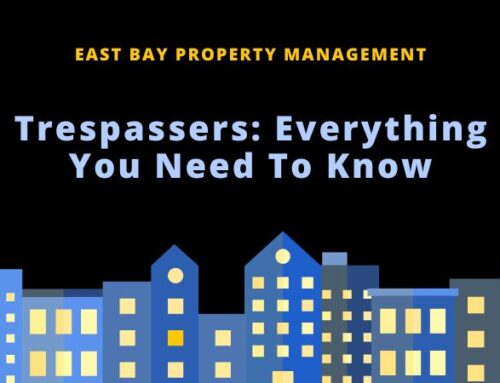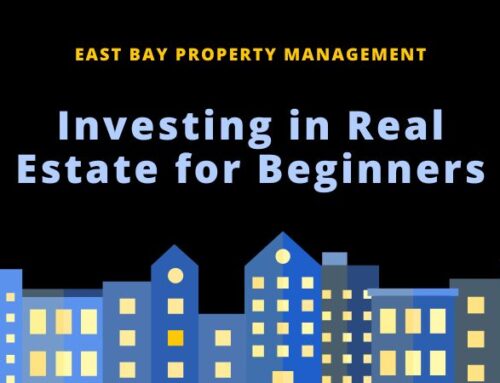The Benefits and Risks of Offering Your Tenants a Long-Term Lease Agreement
There is a lot of doubt surrounding the question of whether or not to offer a longer-term lease to your tenants. While sometimes tenants are willing to sign a two-year lease agreement, as an owner you may be wondering if a longer-term lease is a wise choice.
Not all lease lengths were created equal. There are pros and cons to all lease lengths. In this post, we’ll cover some of the benefits and risks so that you can weigh them appropriately before deciding what lease length you want to offer your tenants.
Benefits of Longer-Term Lease Agreements
The obvious benefit of a longer-term lease is that you are going to have less risk of vacancy. For example, if a tenant signs a lease agreement for two years, the chances are high that they are planning to be there for at least two years. Whereas if they only sign a one-year lease, there is the possibility that they will leave after the twelve months have passed.
You risk facing another vacancy if they do decide to leave and will have to shoulder the costs and time that it takes to market your property and find a new tenant. In this sense, having less risk of vacancy is an obvious benefit to having a long-term lease agreement.
Risks of Longer-Term Lease Agreements
There are several risks that do come with signing longer-term lease agreements with your tenants. For one, you are locking yourself in at a rental rate for the full term of the lease. Market rent prices tend to fluctuate over time and it’s not always easy to determine when they will increase, when they will decrease, and when they will plateau. You’ll need to do a full market analysis to try and figure this out.

When you lock yourself into a lease agreement, you risk losing out on income should rent prices increase throughout the term of the agreement. That being said, if you have a longer-term lease agreement and the market prices decrease, you will not see your monthly income decrease.
The other big risk of signing a long-term lease agreement is locking yourself in with a less-than-ideal tenant. This is the biggest potential risk of the long-term lease. While you may run into issues with a tenant not paying rent on time or violating the terms of the lease agreement, these issues are straightforward to correct.
However, a tenant who has a lot of maintenance issues and complains excessively is a less-than-ideal tenant. When offering a long-term lease, you risk getting trapped with these kinds of tenants.
The Importance of Timing
Timing is everything when it comes to a lease agreement. You want to pay attention to what time of year it is when you’re signing a lease agreement. The busiest months of the rental season are May, June, and July. You typically want your lease agreements to expire around this time because the market demand is high. This will make refilling a vacant unit a lot easier and often allow you to charge more for rent.

If you have a lease that is expiring in December or November, you’ll want to sign a new agreement for a period of around 18 months. That way, this agreement will expire during the months of May, June, and July. Very few people are looking to rent during November or December. That’s why having a vacant unit at that time is not a great idea.
You also want to be wary of letting a tenant rent month-to-month after their year-long lease is up. This type of agreement favors the tenant. It gives them the flexibility to leave at any time with thirty days’ notice. This could make it very difficult for you to re-rent your property, especially if they leave in the winter.
At East Bay Property Management and Consulting we allow. tenants to request month-to-month agreements after living in the property for a year. However, we charge these tenants 10% more for rent. For example, instead of $3,000 a month for rent, it will be $3300 for a month-to-month lease.
This gives us a financial cushion should they decide to depart in the winter months. You may wish to employ a similar strategy for your rental property. This will allow you to protect yourself against potential losses.

Conclusion
Ultimately, it’s up to you as a landlord to decide whether to allow your tenants to sign a long-term lease. While there are some benefits to it, there are definitely risks as well. You need to determine whether the benefits outweigh the risks in your individual situation.
If you are an inquiring property owner, you can find a copy of our typical lease agreements on our website. Feel free to download it and if you have any questions, please contact Mike at (510) 996- 3238.
Good luck and good landlording!





